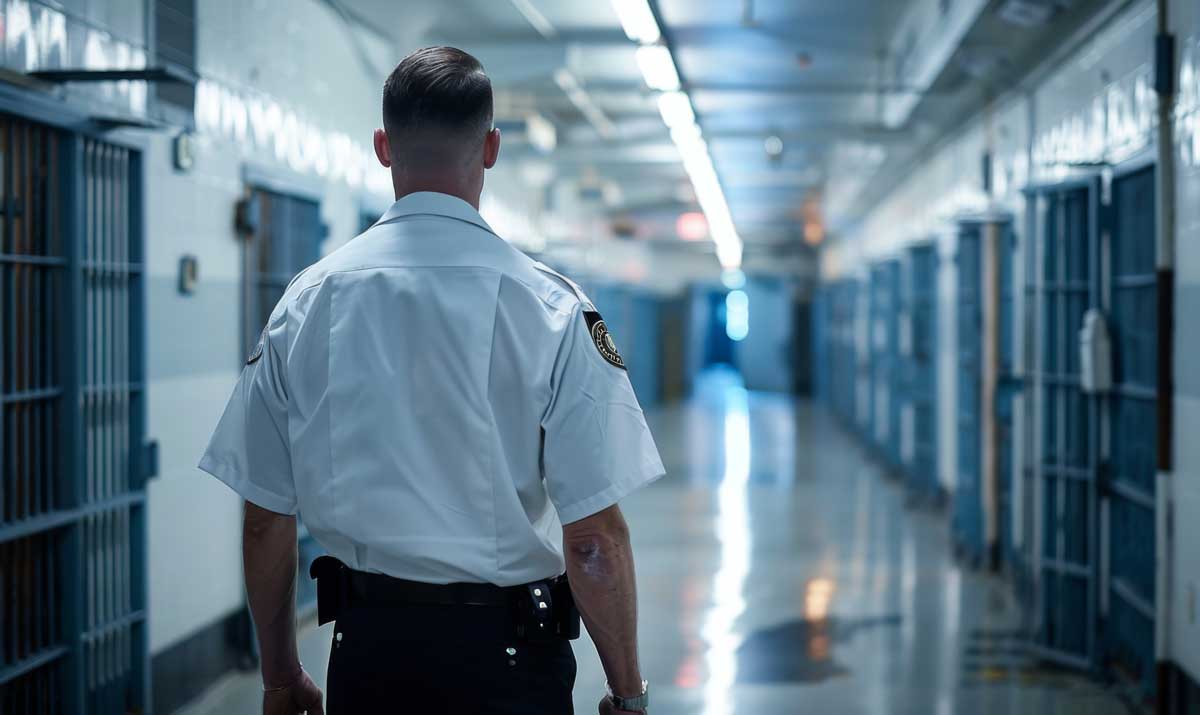
Private Prisons Can Work
A Counterproductive Red Herring: Private correctional facilities aren’t the problem with the criminal-justice system—and they could even help improve it.
A favorite enemy of the criminal-justice reform movement reentered the headlines after a report in Florida showed widespread problems in that state’s privately run prisons. While the report’s contents certainly justify lawmakers’ scrutiny, much of the discourse around private prisons is misguided. The reality is that private corrections companies deserve no more vilification than their government-operated counterparts. The abolition of private prisons—two years ago, President Biden forbade the Department of Justice to renew contracts with private corrections providers—would have a minimal positive impact on the criminal-justice system. And abolishing private corrections may actually forfeit an opportunity for genuine reform: aligning the financial incentives of prisons with better outcomes.
Private prisons represent a tiny portion of the nation’s carceral system. Just over 1 million people are incarcerated in state prisons, and another 145,000 people in federal prisons. Of those combined populations, merely eight percent are held in private facilities. For state prison populations alone, that figure drops to 6.9 percent. Among the 26 states that use private corrections, just 11 incarcerate more than 15 percent of their prison populations in private facilities. The remaining 24 states—including California and New York, which have some of the largest prison populations—don’t use private corrections at all.
Read more on City Journal.

Stay Informed
Sign up to receive updates about our fight for policies at the state level that restore liberty, accountability, and innovation in American governance.
